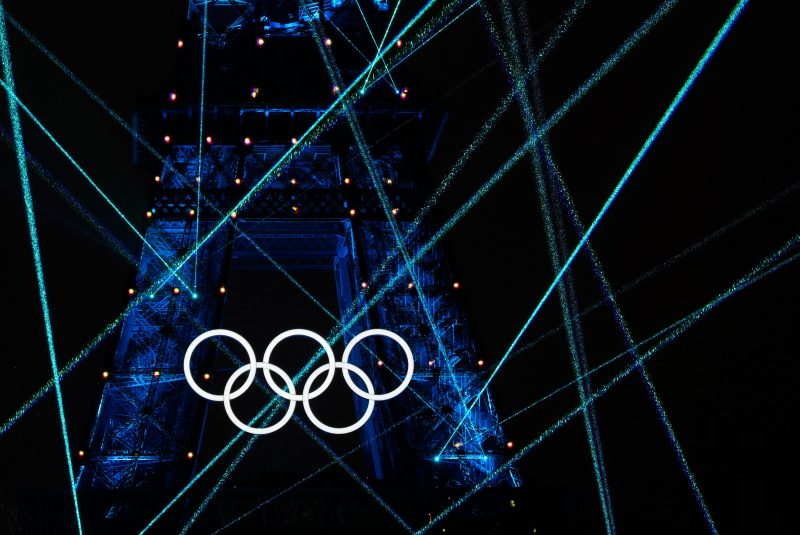The NCAA: A Controversial Gatekeeper of Olympic Dreams
In the world of collegiate sports, the National Collegiate Athletic Association (NCAA) wields enormous power and influence over the lives and dreams of student-athletes across the United States. Nowhere is this authority more apparent than in its role as a gatekeeper to the Olympic Games. Athletes who aspire to compete at the Olympics often find themselves at the mercy of NCAA rules and regulations, a reality that has sparked controversy and raised questions about the fairness and transparency of the system.
One of the primary ways in which the NCAA impacts Olympic dreams is through its eligibility rules. In order to maintain amateur status and compete in college athletics, student-athletes must navigate a complex web of regulations that govern everything from financial compensation to sponsorships. While these rules are intended to ensure a level playing field and uphold the principles of amateurism, they can also create barriers for athletes who hope to represent their country on the international stage.
For many student-athletes, the NCAA represents a crucial stepping stone on the path to Olympic glory. The exposure and competition provided by college sports can be instrumental in helping athletes develop the skills and experience necessary to excel at the highest levels of their sport. However, the NCAA’s strict rules regarding eligibility and participation can also create dilemmas for athletes who wish to take advantage of opportunities to compete in international competitions outside of the college season.
Furthermore, the NCAA’s influence over Olympic dreams extends beyond eligibility rules to issues of scheduling and preparation. College athletes often face demanding training and competition schedules that leave little time for the additional training and competition required to qualify for the Olympics. This can put athletes at a disadvantage compared to their international counterparts who are able to focus exclusively on their Olympic preparations.
The relationship between the NCAA and Olympic aspirations is further complicated by the commercialization of college sports. As collegiate athletics have become big business, with television contracts, sponsorship deals, and lucrative apparel agreements, the pressures on student-athletes to prioritize their collegiate commitments over their Olympic dreams have only intensified. The conflict between commercial interests and Olympic ideals can leave athletes feeling torn between two worlds and unsure of where their true priorities lie.
In light of these challenges, some advocates have called for reforms to the NCAA’s rules and regulations to better support student-athletes who aspire to compete at the Olympics. Suggestions range from loosening restrictions on international competition to providing greater flexibility in training and scheduling. While these reforms may not completely eliminate the tensions between the NCAA and Olympic dreams, they could help to ensure that student-athletes are given a fair opportunity to pursue their goals on the international stage.
Ultimately, the question of the NCAA’s role in shaping Olympic dreams raises larger issues about the intersection of sports, education, and amateurism in the modern world. As student-athletes continue to navigate the complex landscape of collegiate athletics, they will be forced to grapple with the conflicting demands and expectations that come with pursuing both academic and athletic excellence. How the NCAA chooses to address these challenges will have far-reaching implications for the future of Olympic sports in the United States and beyond.
